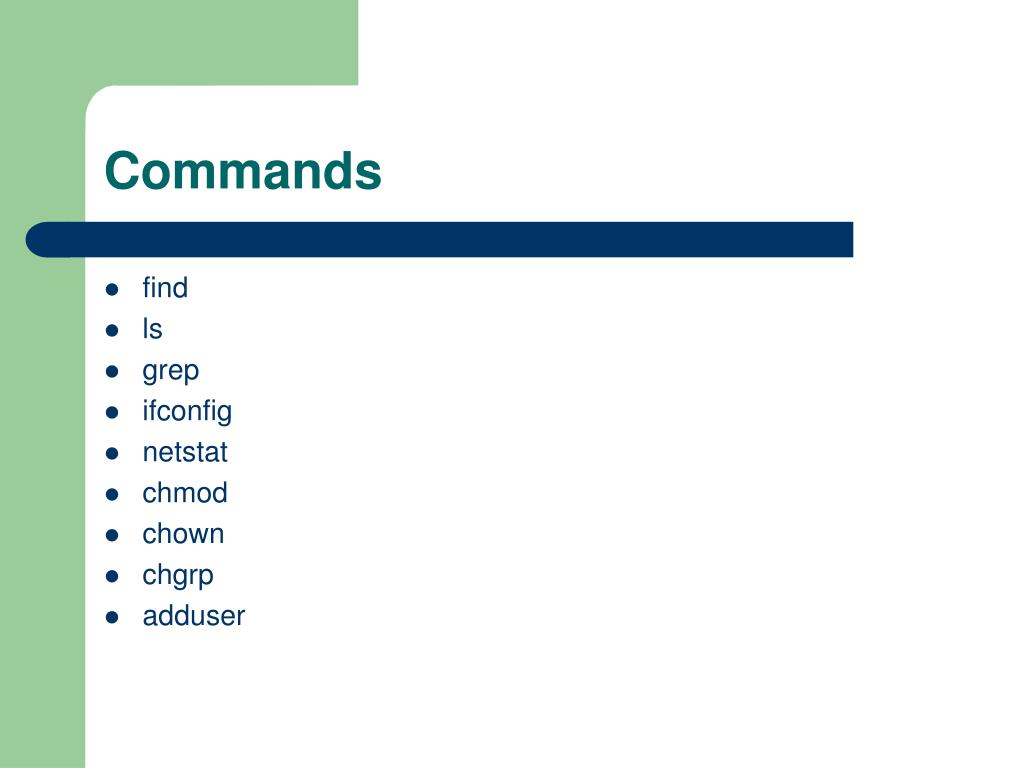
If you forget to add any directories, grep will attempt to read from standard input (as usual). Don’t forget to list one or more directories at the end of your grep command.This flag tells grep to print the matching filenames. This particular use of the grep command doesn’t make much sense unless you use it with the -l (lowercase "L") argument as well.Note that in this case, quotes are required around my search pattern.
GREP EXCLUDE PATTERN HOW TO
Since I tend to mark comments in my code with my initials ("aja") or my name ("alvin"), this recursive egrep command shows how to search for those two patterns, again in a case-insensitive manner: You can also perform recursive searches with the egrep command, which lets you search for multiple patterns at one time. In this example, the search is made case-insensitive by adding the -i argument to the grep command. This next example shows how to recursively search two unrelated directories for the case-insensitive string "alvin": Your recursive grep searches don’t have to be limited to just the current directory. If you haven’t used commands like these before, to demonstrate the results of this search, in a PHP project directory I’m working in right now, this command returns a list of files like this:


This command can be read as, “Search all files in all subdirectories of the current directory for the string ‘alvin’, and print the filenames that contain this pattern.” It’s an extremely powerful approach for recursively searching files in all subdirectories that match the pattern I specify. Solution 1: Combine 'find' and 'grep'įor years I always used variations of the following Linux find and grep commands to recursively search subdirectories for files that match a grep pattern:įind. Two solutions are shown next, followed by some additional details which may be useful. > and provide commented, minimal, self-contained, reproducible code.Unix/Linux grep FAQ: How can I perform a recursive search with the grep command in Linux? > PLEASE do read the posting guide > guide.html I'm wondering if how to exclude certain patterns in grep() in > The external grep program has an option -v to select non-matching > To: r-help at > Subject: Re: grep() exclude certain patterns? > From: r-help-bounces at On Behalf Of Peng Yu Also knowing your thought process may help us in designing future help/tutorials that cater more to people learning R for the first time, things that seem obvious to those of us who have been using the current documentation, apparently are not that obvious to some new users (but also realize that the first place that you may think to look may not even occur to some of us that learned computers in a different time, see fortune(89) ).


If you tell us where you are looking (and why) then we may be able to suggest some different search strategies that will help you find the answers quicker. The invert argument seems a likely candidate, you could also do perl=TRUE and use negations within the pattern (but that is probably overkill for your original question).Ĭould you explain to us the process that you use to search for answers to your questions before posting? You have been asking quite a few questions that have answers out there if you can find them. Next message: grep() exclude certain patterns?.Previous message: grep() exclude certain patterns?.Grep() exclude certain patterns? Greg Snow Greg.Snow at


 0 kommentar(er)
0 kommentar(er)
